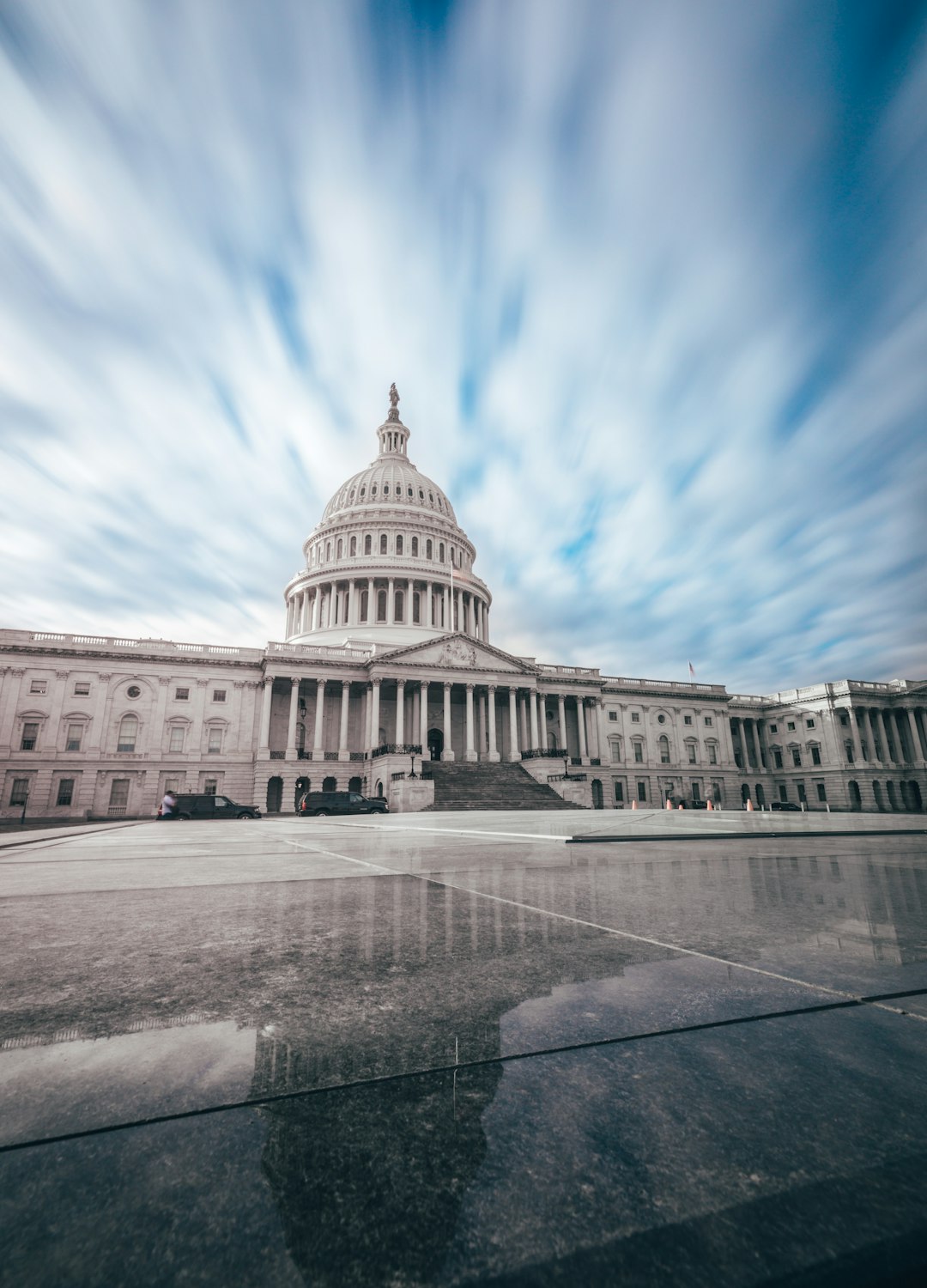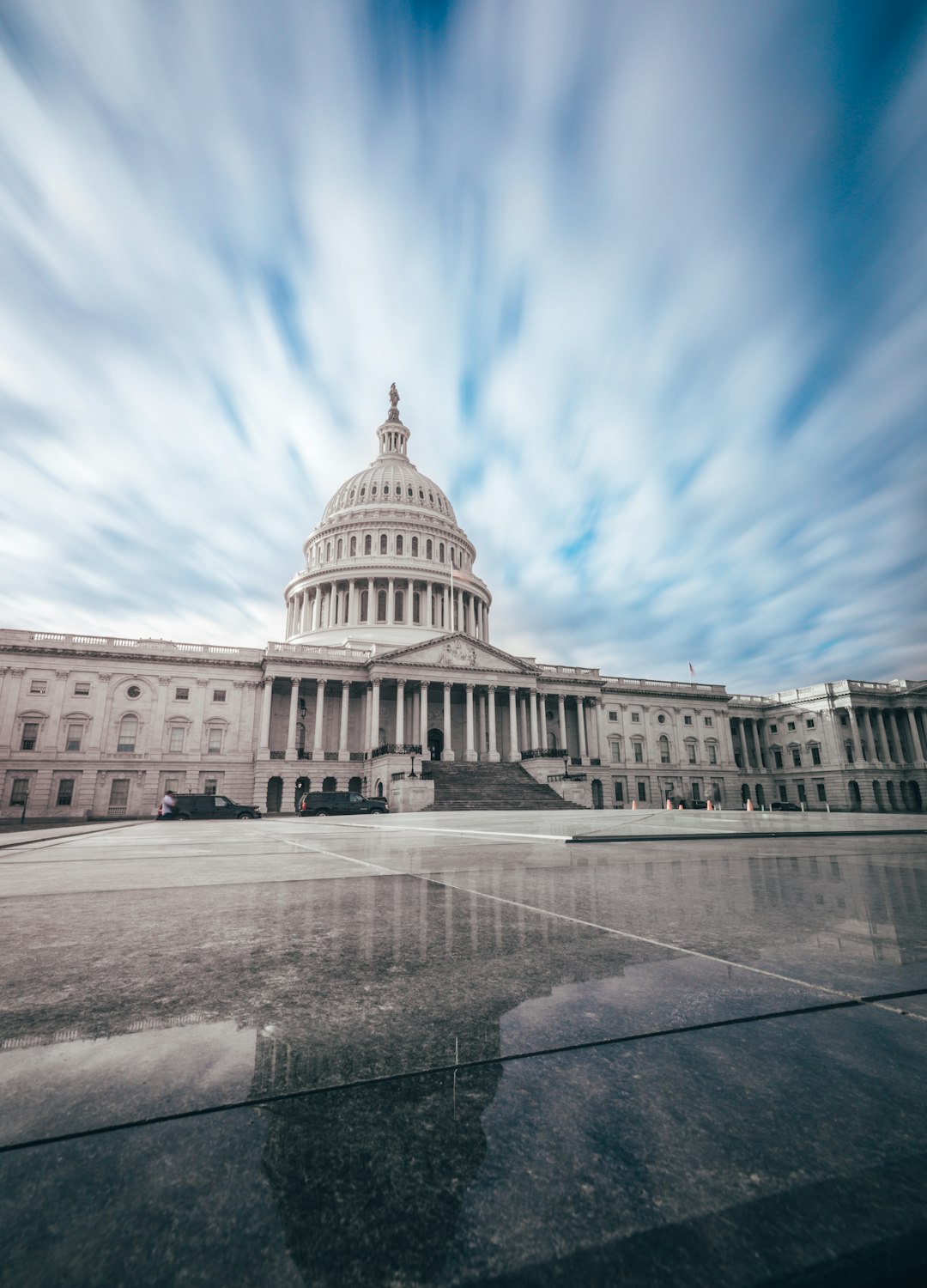Wapato's diverse business community faces challenges with telemarketing laws, particularly Do Not Call regulations. In Washington State, these laws protect residents from spam calls and maintain privacy rights. Non-compliance incurs severe penalties, making it crucial for businesses to hire specialized Do Not Call Lawyers or Attorneys in Washington who can ensure compliance, avoid legal issues, and safeguard consumer privacy.
“Wapato, within the Yakama Reservation, boasts a unique business ecosystem with specific considerations regarding telemarketing laws. This article explores the intricate relationship between Wapato’s businesses and state regulations, particularly focusing on ‘Do Not Call’ laws in Washington State.
We’ll guide you through understanding these laws, ensuring your business complies while also offering insights into finding the right legal support from top-rated Do Not Call Lawyers and Attorneys in Washington. Explore expert advice tailored to navigate the complexities of spam call laws.”
Understanding Wapato's Business and Telemarketing Landscape

Wapato, nestled within the vast Yakama Reservation in Washington State, boasts a unique business ecosystem that blends traditional enterprises with modern industry trends. This small community is home to various businesses, from indigenous artisans and farmers to innovative tech startups and established retail outlets. However, much like other regions across the state, Wapato faces the challenges and opportunities presented by telemarketing and consumer protection laws, particularly those concerning the Do Not Call regulations.
Understanding the local business landscape in Wapato requires recognizing the tightrope walk between promoting businesses and respecting consumer privacy. With a growing number of residents and visitors accessing modern communication channels, Do Not Call Laws Washington have become essential tools to safeguard individuals from unwanted telemarketing calls. Many Do Not Call Lawyer Washington and Do Not Call Attorney Washington firms cater specifically to these laws, ensuring businesses comply while protecting consumers’ rights against intrusive spam calls.
Navigating Do Not Call Laws in Washington State

In Washington State, navigating the intricate web of Do Not Call laws is essential for businesses and telemarketing firms to avoid legal pitfalls. The state has established regulations that protect residents from unwanted telephone solicitations, ensuring they can enjoy peace and quiet in their homes. These rules are designed to strike a balance between consumer protection and legitimate business practices. Any violation of the Do Not Call laws can result in significant penalties for offenders, making it crucial for businesses to exercise caution when engaging in telemarketing activities.
Hiring a Do Not Call Lawyer Washington or consulting with a specialized Spam Call law firm Washington is an intelligent step for companies looking to comply with these laws. These legal experts can guide businesses on obtaining the necessary permissions, maintaining accurate records, and ensuring their marketing strategies adhere to the state’s regulations. With their knowledge of Do Not Call Laws Washington, they help protect both consumer rights and the legitimate interests of businesses operating within the reservation and beyond.
Finding the Right Legal Support for Your Needs

When navigating the complex landscape of telemarketing laws in Washington, especially regarding the Do Not Call Laws, it’s crucial to find legal counsel tailored to your specific needs. The state has stringent regulations in place to protect consumers from unwanted calls, and violating these rules can lead to significant penalties for businesses. Therefore, seeking a specialist lawyer or law firm is essential.
In Washington, there are reputable Do Not Call Lawyer and Do Not Call Attorney practices that specialize in this area of law. These professionals have the expertise to guide you through the nuances of the Spam Call law and ensure your business complies with the Do Not Call Laws. They can offer advice on drafting effective do-not-call policies, help you understand consumer rights, and represent your interests if any disputes arise.






